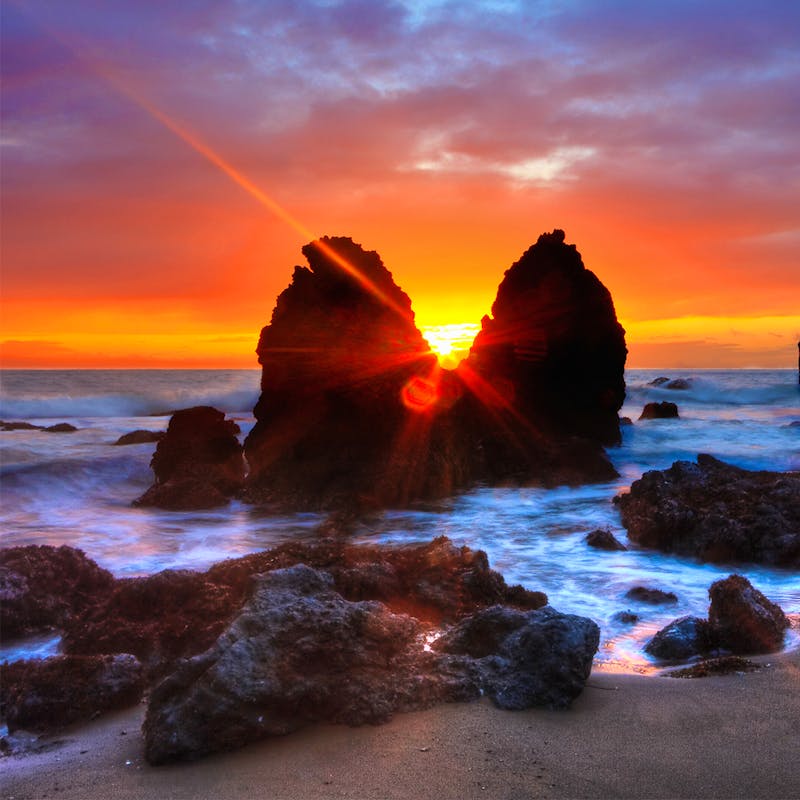Tweet“In less than one year, after many decades of conservation progress, we lost over 10% of the Florida manatee population. Without immediate action, the unprecedented manatee deaths of 2021 could become an annual occurrence. The U.S. Fish and Wildlife Service must stop these preventable deaths before recovery of the species is set back even further.”
Conservation organizations today filed a lawsuit against the U.S. Fish and Wildlife Service for failing to revise outdated critical habitat for Florida manatees. A record number of manatees – more than 1,100 – died in 2021, with many of these deaths attributable primarily to pollution of manatee habitat.
“In less than one year, after many decades of conservation progress, we lost over 10% of the Florida manatee population,” said Elizabeth Fleming at Defenders of Wildlife. “Without immediate action, the unprecedented manatee deaths of 2021 could become an annual occurrence. The U.S. Fish and Wildlife Service must stop these preventable deaths before recovery of the species is set back even further.”
“The carnage from 2021 should remove any doubt that Florida’s waters are in crisis,” said Jaclyn Lopez at the Center for Biological Diversity. “With these sweet creatures dying in record numbers, the Biden administration needs to act fast to protect manatee habitat from further destruction.”
“The Service's failure to protect the manatees’ critical habitat along with its biologically unjustified down-listing from endangered to threatened under the ESA left imperiled manatees to suffer the deadly consequences of agonizing, yet preventable, mass starvation,” said aquatic biologist and manatee expert Patrick Rose, executive director of Save the Manatee Club. “More troubling is the fact that the FWS acknowledged more than a decade ago that updating critical habitat is essential to the conservation of the species. There can be no justification for further delays.”
In 2008, the Center, Defenders of Wildlife, and Save the Manatee Club petitioned the Service to revise and update the manatee’s critical habitat, which was originally designated in 1976.
In 2010, the Service found this revision was warranted, stating that the “loss of Florida’s warm-water habitats is one of the leading threats facing the manatee population.” But more than a decade later, the agency has still not started the revision. In the meantime, the factors warranting revision, specifically the need to protect and restore aquatic vegetation, have only increased in urgency.
More than 1,100 manatees died in 2021 — far more than in any other year since record keeping began five decades ago. More than half of these deaths were on the Atlantic coast in the Indian River Lagoon, which provides both prime year-round manatee foraging habitat and vital warm-water habitat in winter. Hundreds of manatees died of starvation in the lagoon because of the loss of seagrass beds to nutrient pollution.
Florida’s Gulf coast also suffered a devastating red tide in 2021, fueled by the Piney Point disaster, in which millions of gallons of toxic wastewater spilled into Tampa Bay and the gulf, killing more than 30 manatees. Experts fear that 2022 will witness the same staggering levels of manatee mortality even though the agencies have implemented a pilot supplemental feeding program in the lagoon.
The Service’s 1976 critical habitat designation only lists waterways known at the time to be concentration areas for manatees. As a result, the designation does not describe any specific physical or biological features, like seagrass or warm water springs, that are essential to manatee conservation. Scientific information about the conservation needs of the manatee has increased dramatically in the past 45 years.
Today’s lawsuit, filed in the federal District Court in the District of Columbia, seeks to push the Service to issue a revised critical habitat designation based on the best available scientific data to inform manatee protection efforts at all levels — federal, state, local and private.
###
Additional Media Contacts:
Jaclyn Lopez, Center for Biological Diversity, (727) 490-9190, jlopez@biologicaldiversity.org
Patrick Rose, Save the Manatee Club, (850) 570-1373, prose@savethemanatee.org
The Center for Biological Diversity is a national, nonprofit conservation organization with more than 1.7 million members and online activists dedicated to the protection of endangered species and wild places.
Save the Manatee Club has been the “Voice of Manatees since 1981” by advocating for both the manatees’ individual and collective welfare and the protection of the manatees’ aquatic ecosystems through scientific research, education, public awareness ad well as legislative and legal advocacy. Learn more about our mission at savethemanatee.org
For over 75 years, Defenders of Wildlife has remained dedicated to protecting all native animals and plants in their natural communities. With a nationwide network of nearly 2.1 million members and supporters, Defenders of Wildlife is a leading advocate for innovative solutions to safeguard our wildlife for generations to come. To learn more, please visit https://defenders.org/newsroom or follow us on X @Defenders.
Media Contact
News

Study Led by Defenders of Wildlife Scientist Shows Noise Pollution Impacts on Migratory Birds


